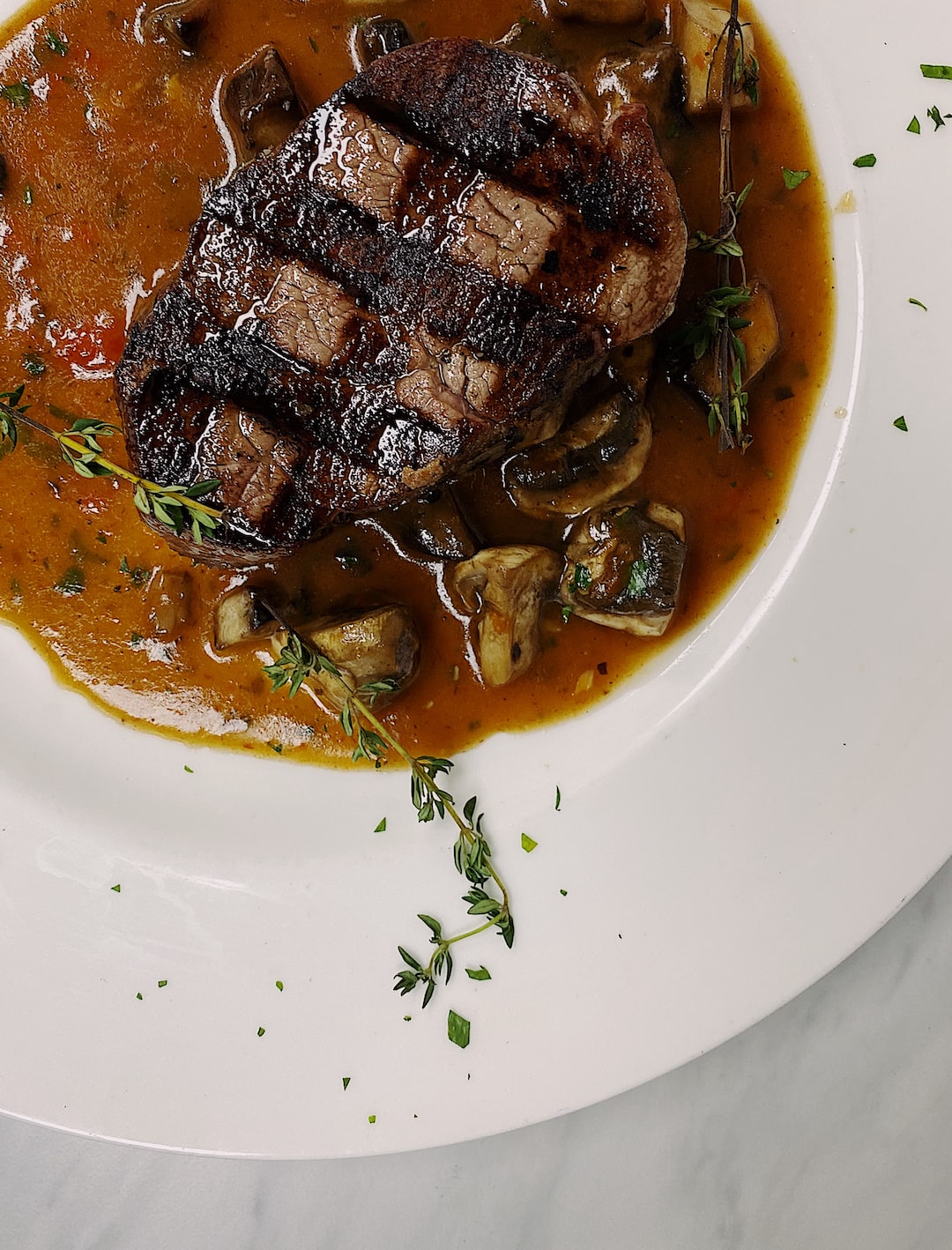Exploring the Fascinating History of Chocolate
There are few things in life that can bring as much joy and delight as the taste of chocolate. From its smooth, melt-in-your-mouth texture to its deliciously rich flavor, chocolate is a treat that has captured the hearts of people all over the world. But have you ever wondered about the history behind this beloved indulgence? Let’s take a journey through time to explore the fascinating history of chocolate.
The story of chocolate begins in Mesoamerica, where the ancient Mayans and Aztecs first discovered the cacao tree over 3,000 years ago. The indigenous people of these civilizations believed that cacao beans had mystical properties and were considered a sacred food. They used cacao beans to make a bitter and frothy beverage that they believed had healing and energizing properties. This drink was reserved for the upper classes and was often used in religious ceremonies.
When the Spanish conquistadors arrived in the Americas in the 16th century, they encountered cacao for the first time. Fascinated by this strange and bitter drink, they brought it back to Europe, where it quickly gained popularity among the aristocracy. However, the original cacao beverage was not to the Europeans’ taste, so they began adding sugar and other flavorings to sweeten it.
The 18th century brought about a significant change in the chocolate industry with the invention of the cocoa press by Dutch chemist Coenraad Van Houten. This revolutionary device allowed for the creation of cocoa powder, making chocolate much easier to produce and more accessible to the masses. It also led to the development of solid chocolate bars and the invention of the chocolate-making process as we know it today.
In the early 19th century, another key figure emerged in the history of chocolate: Joseph Fry. He invented the first chocolate bar by combining cocoa powder, sugar, and cocoa butter. This creation paved the way for the modern chocolate bar we enjoy today.
The industrial revolution further propelled the chocolate industry, as advancements in technology made the production process faster and more efficient. Companies such as Cadbury and Nestle emerged during this time, solidifying their place in the history of chocolate. These brands revolutionized the way chocolate was made, packaged, and distributed, making it widely available to the general public.
As chocolate became more accessible, it also started to take on different forms. Chocolatiers and pastry chefs began experimenting with different flavors, textures, and fillings, leading to the creation of a wide range of chocolates. From milk chocolate to dark chocolate and everything in between, there is now a chocolate to suit every taste preference.
In addition to its delectable taste, chocolate also carries a rich cultural significance. It has been a symbol of luxury, indulgence, and even love throughout history. The tradition of giving chocolate as a gift on special occasions, such as Valentine’s Day, dates back centuries. The iconic heart-shaped chocolate box became a staple of romantic gestures, and the act of sharing a box of chocolates has become a universal expression of affection.
Today, the global chocolate industry is booming, with chocolate being enjoyed in various forms and flavors all over the world. From artisanal chocolatiers to large-scale manufacturers, the love for this irresistible treat continues to grow.
However, the journey of chocolate does not end with its delicious taste or its colorful history. The production of chocolate has also raised concerns about ethical sourcing and sustainability. The chocolate industry is working towards fair trade practices, aiming to ensure that cacao farmers receive fair wages and working conditions.
Exploring the history of chocolate not only takes us on a flavorful journey through time but also encourages us to consider the impact our indulgences have on those who produce them. As we savor each bite of chocolate, we can appreciate the centuries of innovation, tradition, and craftsmanship that have gone into creating this beloved treat.
In conclusion, chocolate’s fascinating history spans thousands of years and travels across continents. From its mystical beginnings in ancient Mesoamerica to its modern-day popularity, chocolate has evolved not only as a delectable treat but also as a cultural symbol and a global industry. So, the next time you enjoy a piece of chocolate, take a moment to appreciate the rich history that lies behind every bite.
